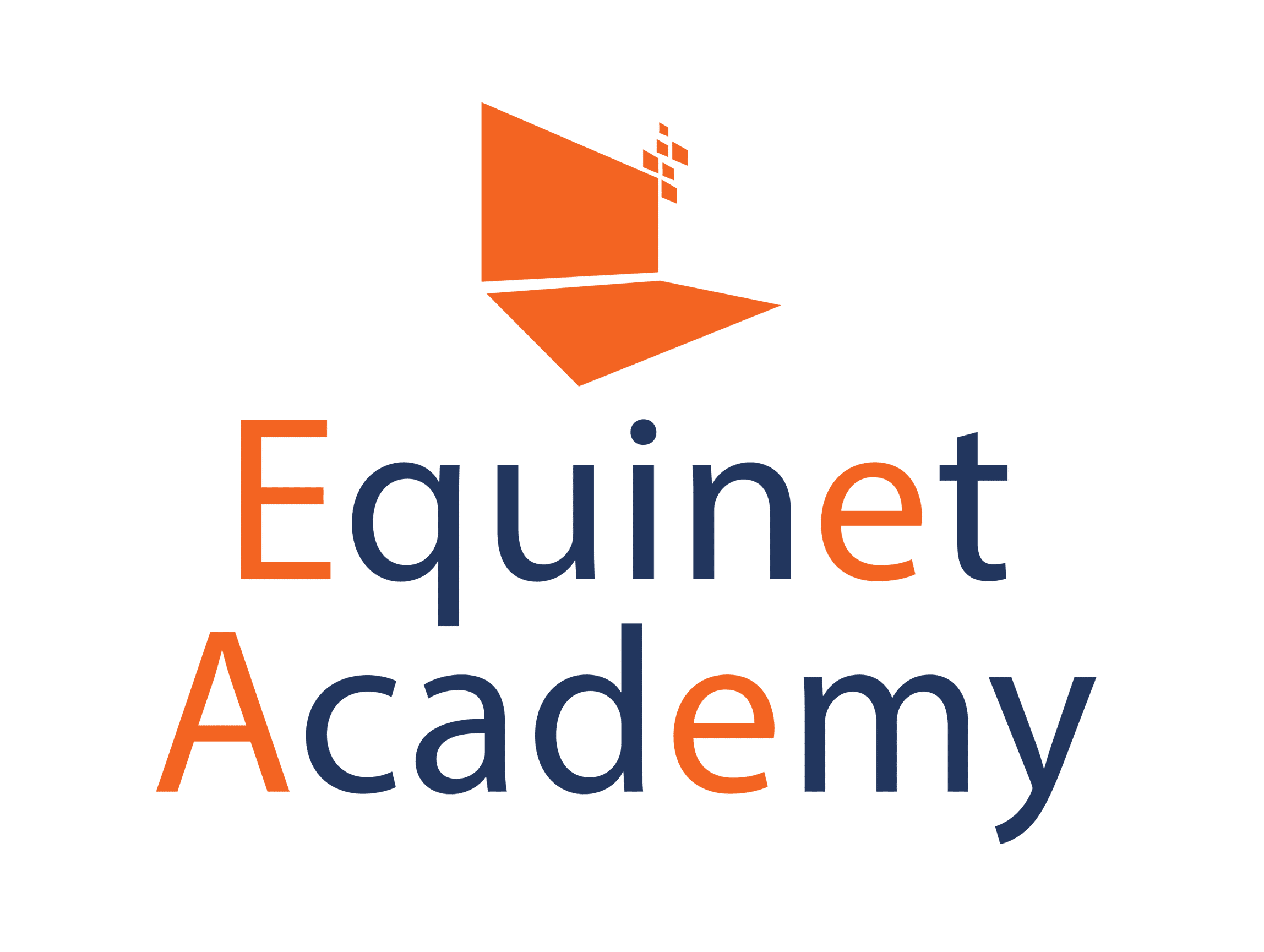- LEARN
- AI/ML
- Business
- Cybersecurity
- Data Analytics
- Digital Marketing
-
-
- Digital Marketing Courses
- Advanced Digital Marketing Analytics
- Digital Copywriting and Content Writing
- Google Tag Manager
- Advanced Search Engine Optimisation (SEO)
- Digital Marketing Analytics & Optimisation (GA4)
- Landing Page Design
- Advanced Social Media Management
- Digital Marketing Capstone (Synchronous E-Learning)
- LinkedIn Sales and Marketing
- AI in Digital Marketing
- Digital Marketing Foundations (Fundamentals)
- Meta Marketing (Facebook and Instagram)
- Conversion Rate Optimisation
- Digital Marketing Strategy
- Performance Marketing Strategy (Lead Generation)
- Digital Advertising Strategy
- Digital Public Relations
- Search Engine Optimisation (SEO) Strategy
- Digital Branding & Brand Strategy
- Email Marketing & Marketing Automation
- Social Media Marketing Strategy & Optimisation
- Digital Content Creation & Content Marketing Strategy
- Google Ads Strategy and Optimisation
- TikTok Marketing
- Digital Content Creation For Content Creators
-
- Digital Marketing Certification Programmes
Certification Programmes
- Certified Content Marketing Specialist (CCMS)
- Certified Digital Advertising Specialist (CDAS)
- Certified Digital Marketing Analyst (CDMA)
- Certified Digital Marketing Strategist (CDMS) v2
- Certified SEO Specialist (CSEOS)
- Certified Social Media Marketing Specialist (CSMMS)
- The Complete Digital Marketing Course (CDMC)
-
-
- Ecommerce
- Soft Skills
- UX Design and Creative
-
-
- UX Design and Creative Courses
- Advanced UX UI Design
- Canva Design
- Design Thinking
- Out Of Pocket! – Mobile Photography and Videography for Smart Phones (iOS and Android)
- Presentation Design with PowerPoint & Google Slides
- User Experience & User Interface (UX UI) Design Essentials
- User Interface (UI) Design
- Video Creation & Video Editing (Digital Storytelling)
- What The Figma (WTF)
- WordPress Website & Landing Page Creation
- UX Design and Creative Courses
-
-
- CORPORATE TRAINING
- CAREER
- EVENTS
- RESOURCES
- ABOUT
WSQ Advanced UX UI Design Course
Transform Research Insights into Effective UX Solutions
Jeremiah Maximus Lim
- Founder of UNGRUMP.CO Digital Marketing Agency
- 10+ Years of Industry Experience
- Certified Adult Educator with WSQ Advanced Certificate in Learning and Performance (ACLP)



Download Brochure
Download Course Brochure & Speak to a Course Consultant
Fill in the form to download the course brochure. Should you have any questions about the course, our course consultants will be more than happy to assist you.
WSQ-accredited courses are eligible for SkillsFuture subsidies.








Transform Research Insights into Effective UX Solutions
Course Description
The WSQ Advanced UX UI Design course empowers learners to drive user-centred enhancements by bridging research insights with high-impact design solutions. Designed for practitioners who have foundational UI/UX knowledge, this course focuses on evaluating performance gaps, creating structured design flows, and justifying UX decisions through iterative prototyping and usability validation.
Through a hands-on, research-driven approach, learners will gain the competencies to conceptualise and deliver UX strategies aligned with both user expectations and business objectives.
Target Audience
This course is suitable for anyone who wants to understand UX design. It is particularly valuable for: Product Managers, Web Developers, Software Engineers, Content Developers, Students, Business Owners, Entrepreneurs, Aspiring UX and Product Designers, and anyone curious about the field of UX and Product Design.
Course Highlights
In this Advanced UX UI Design course, trainees will learn:
- Conduct usability testing, heuristic evaluations, and UX performance analysis to uncover design improvement opportunities.
- Translate user feedback and behavioural insights into actionable design strategies and opportunity statements.
- Apply design psychology and industry standards to strengthen UX framing and solution development.
- Conceptualise and visualise user-centred design concepts aligned with user journeys and business goals.
- Build structured user flows and wireframes that integrate usability principles and technical feasibility.
- Develop and test interactive prototypes to identify engagement signals and usability gaps.
- Present UX improvements effectively with stakeholder-facing justifications and pitch decks.
Course Objectives
By the end of this course, you will be able to:
- Evaluate UX performance and identify design improvement opportunities using usability testing techniques
- Translate user insights into design strategies using behavioural analysis and psychological design patterns
- Develop user-centred UX concepts informed by user feedback, performance data, and industry trends
- Construct user flows and wireframes aligned with usability goals and technical feasibility
- Build and test interactive prototypes, analyse engagement signals, and present UX improvements with clear justification
Certification
A SkillsFuture WSQ Statement of Attainment (SOA) – User Experience Design under the Skills Framework TSC and Certification of Completion by Equinet Academy will be awarded to candidates who have demonstrated competency in the WSQ Advanced UX UI Design course assessment and achieved at least 75% attendance.

*This course is accredited by SkillsFuture Singapore under the WSQ Skills Framework User Experience Design.
Course Code: TGS-2025057944
Course Support Period: 14 Aug 2025 – 13 Aug 2027
Course Outline
Instructor-Led | Mode of Delivery (Lecture & Illustration, Group Discussion, Practical Activity)
Learning Outcome: Evaluate user experience data using appropriate techniques to identify performance gaps and determine technical compatibility and viability of digital interactions for experience enhancement.
- Overview of usability testing methods and frameworks
- Conducting heuristic evaluations and capturing user feedback
- Analysing pain points from testing insights
- Using UX logs and metrics to surface key challenges
- Mapping performance gaps to user expectations
Instructor-Led | Mode of Delivery (Lecture & Illustration, Case Study Review, Class Activity)
Learning Outcome: Frame strategic UX opportunities by visualising immediate user concerns, determining critical features for enhancement, and referencing design psychology principles.
- Understanding user needs through feedback and behavioural trends
- Identifying expectations, goals, and intent in digital behaviour
- Synthesising user needs into a strategic framing document
- Framing UX challenges into opportunity statements
- Referencing design psychology to strengthen framing
Instructor-Led | Mode of Delivery (Lecture & Illustration, Group Brainstorming, Practical Activity)
Learning Outcome: Develop user-centred UX design concepts by synthesising user feedback, referencing design principles, and formulating justifications aligned with industry standards.
- Synthesising feedback into UX design direction
- Creating experience concepts aligned with user journeys
- Referencing UX design trends and standards
- Visualising concept-to-flow alignment
- Reviewing design concepts with critique circles
Instructor-Led | Mode of Delivery (Lecture & Illustration, Demonstration & Practical Exercise)
Learning Outcome: Construct user flow charts and wireframes by applying usability principles, integrating technical components, and managing changes to align with the intended user experience.
- Developing user flow charts using scenario mapping
- Annotating key transitions and entry points in flows
- Designing wireframes with hierarchy and usability in mind
- Integrating layout conventions and interaction guidance
- Reviewing flows and wireframes for iteration readiness
Instructor-Led | Mode of Delivery (Lecture & Illustration, Usability Testing Simulation, Practical Exercise)
Learning Outcome: Implement prototype enhancements by applying usability testing methods, interpreting user behaviour, and justifying modifications to optimise experience outcomes.
- Planning interaction flows in prototype form
- Executing usability tests with participant feedback
- Interpreting user engagement and behavioural signals to inform UX adjustments
- Enhancing flow and features based on usability gaps
- Creating stakeholder-facing justifications and pitch decks
- Synthesising test outcomes and documenting findings
Trainers

Jeremiah Maximus Lim
- Founder of UNGRUMP.CO Digital Marketing Agency
- 10+ Years of Industry Experience
- Certified Adult Educator with WSQ Advanced Certificate in Learning and Performance (ACLP)
Course Fees & Fundings
Course Fee:
S$990.00 (inclusive of 9% GST)
Course Fee After Eligible SSG Subsidies:
From S$297.00 (inclusive of 9% GST) after SSG Subsidies
SkillsFuture Mid-Career Enhanced Subsidy (MCES)
Eligible for Singapore Citizens, aged 40 years old and above
Nett course fee payable (including 9% GST): S$297.00
Course fees after subsidies can be further offset by SkillsFuture Credit.
SkillsFuture Baseline Funding
Eligible for 21 years old and above, and a
- Singaporean Citizen; or
- Permanent Resident; or
- Long Term Visitor Pass Plus (LTVP+) Holder
Nett course fee payable (including 9% GST): S$495.00
Course fees can be further offset by SkillsFuture Credit for Singapore Citizens aged 25 and above. Singapore Citizens aged 21 to 31 may also offset fees with the Post Secondary Education Account Funds.
Enhanced Training Support for SMEs (ETSS)
Eligible for SME Company-Sponsored, 21 years old and above, and a
- Singapore Citizen; or
- Permanent Resident; or
- Long-Term Visitor Pass Plus (LTVP+) Holder
Nett course fee payable (including 9% GST): S$297.00
Course fees after subsidies can be further offset by Skillsfuture Enterprise Credit (SFEC)
SkillsFuture Baseline Funding
Eligible Non-SME Company-Sponsored, 21 years old and above, and a
- Singaporean Citizen; or
- Permanent Resident; or
- Long Term Visitor Pass Plus (LTVP+) Holder
Nett course fee payable (including 9% GST): S$495.00
Course fees after subsidies can be further offset by Skillsfuture Enterprise Credit (SFEC)
SkillsFuture Mid-Career Enhanced Subsidy (MCES)
Eligible for Non-SME Company-Sponsored, Singapore Citizens, aged 40 years old and above
Nett course fee payable (including 9% GST): S$297.00
Course fees after subsidies can be further offset by Skillsfuture Enterprise Credit (SFEC)
Check your eligible grant amount and nett payable course fees when you apply now.
Frequently Asked Questions (FAQs)
This course is designed for UI/UX practitioners, product designers, and digital professionals with foundational UI/UX knowledge who want to enhance their ability to conduct usability testing, create user flows, and design research-driven UX solutions.
Yes. Participants should have basic knowledge of UI/UX principles, including wireframing and prototyping. This course builds on foundational skills to cover advanced design strategies and usability validation.
Learners will work with tools like Figma for wireframing, prototyping, and collaboration, as well as usability testing techniques.
Yes. The course includes practical exercises in usability testing, heuristic evaluation, and analysing engagement signals to optimise UX design.
Participants will develop user flows, wireframes, and interactive prototypes while iterating and refining them based on usability testing results.
The course is highly interactive, featuring group discussions, critique sessions, live prototyping, and hands-on usability testing.
You’re in Good Company
Industry leading organisations who’ve sent their teams for upskilling at Equinet




Our graduates work for companies like






WSQ Advanced UX UI Design Course
Transform Research Insights into Effective UX Solutions
